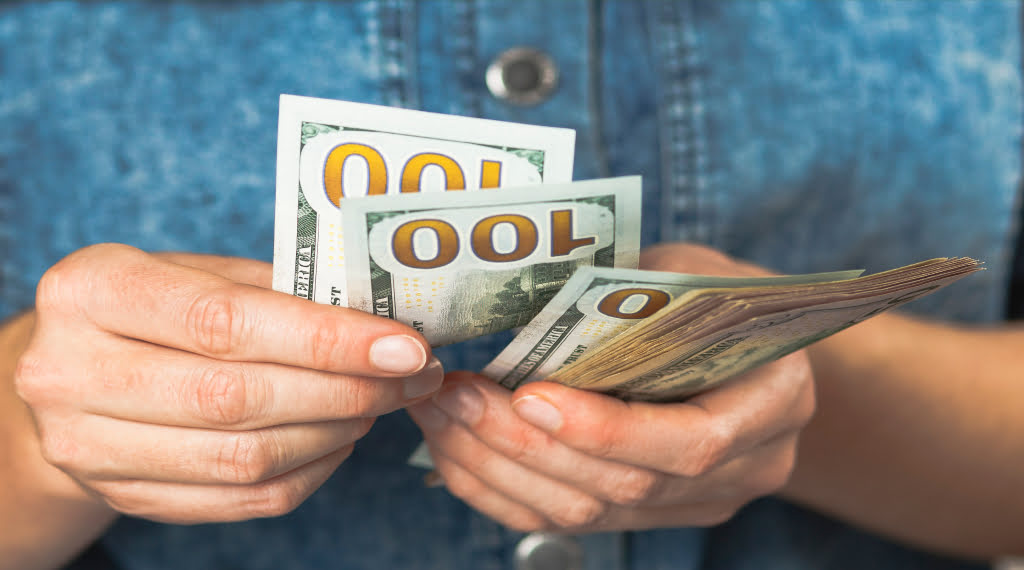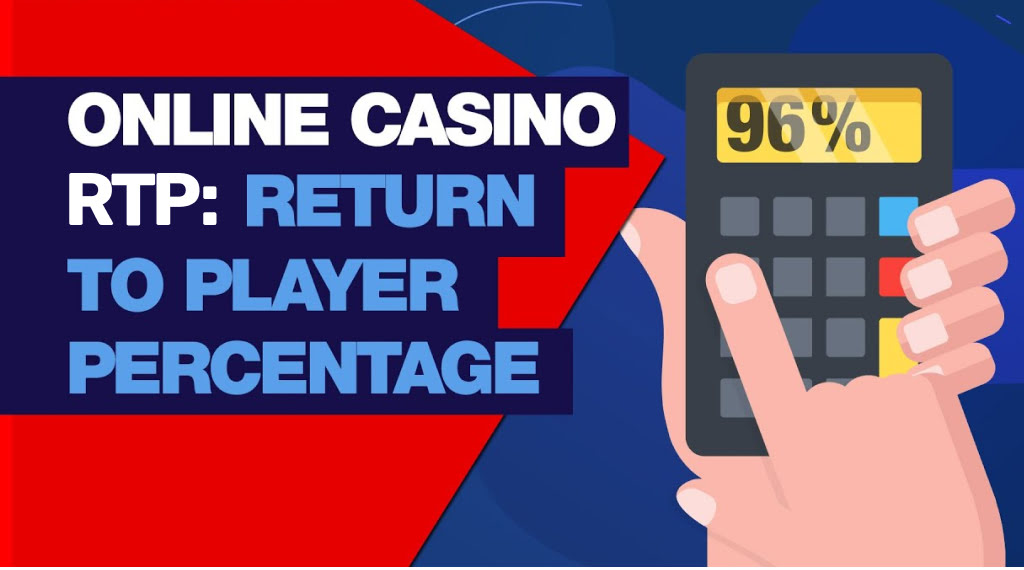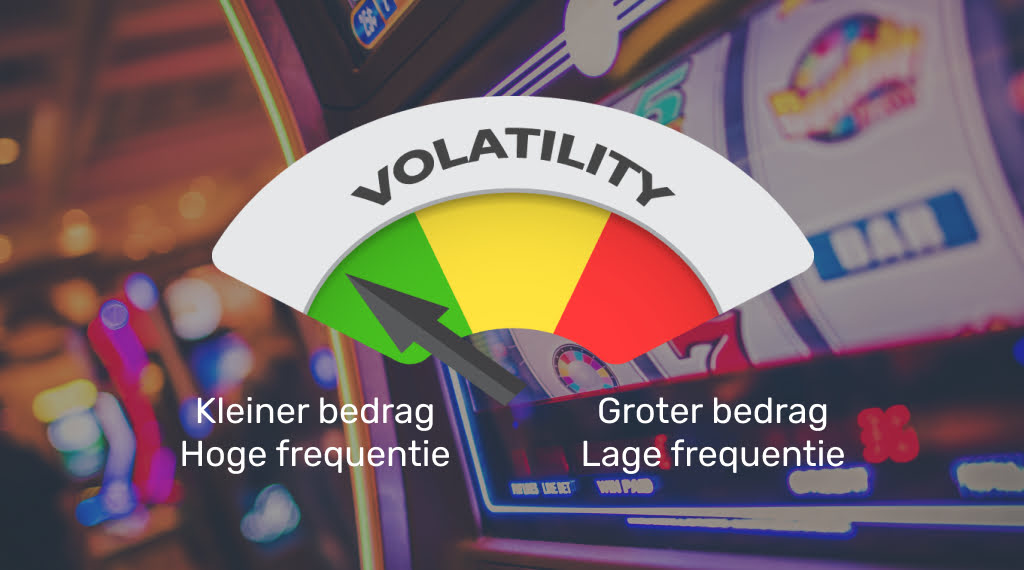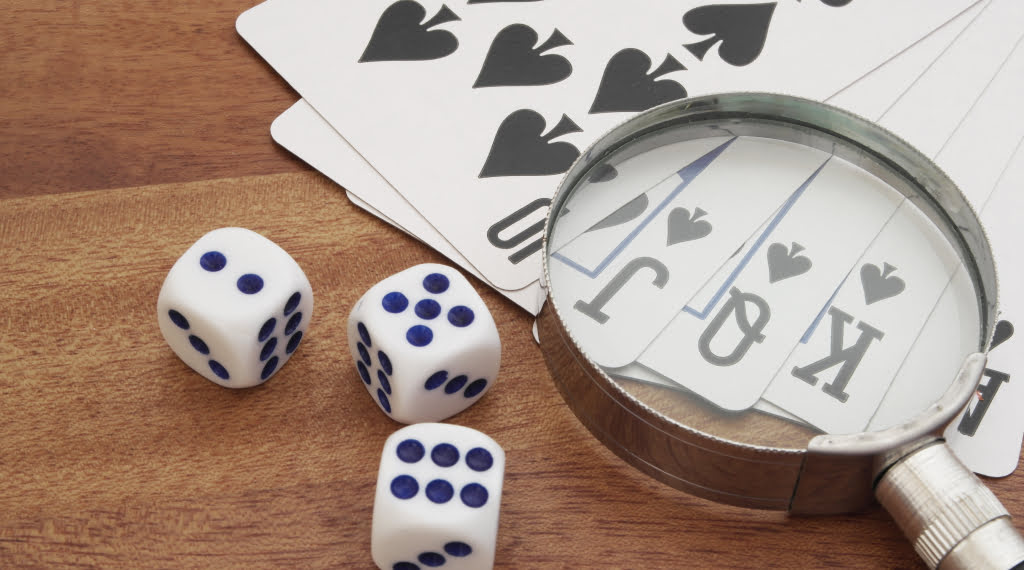Gross-net
Payout in games of chance is the part of the deposit that is used for prize money. On forums, I read posts from people complaining about the payout of online casinos. while those same people buy lottery tickets at the Postcode and State Lottery. And you don't hear about those lotteries. Because in lotteries, as much as 20% of the total money deposited goes to the organization. Online casinos have an average of 4%.
Lotteries reserve 50% for the charities. After deducting that 20% for the organization, 30% remains for the prize money. And I'm not talking about the gambling tax you have to pay when you win a nice prize.





